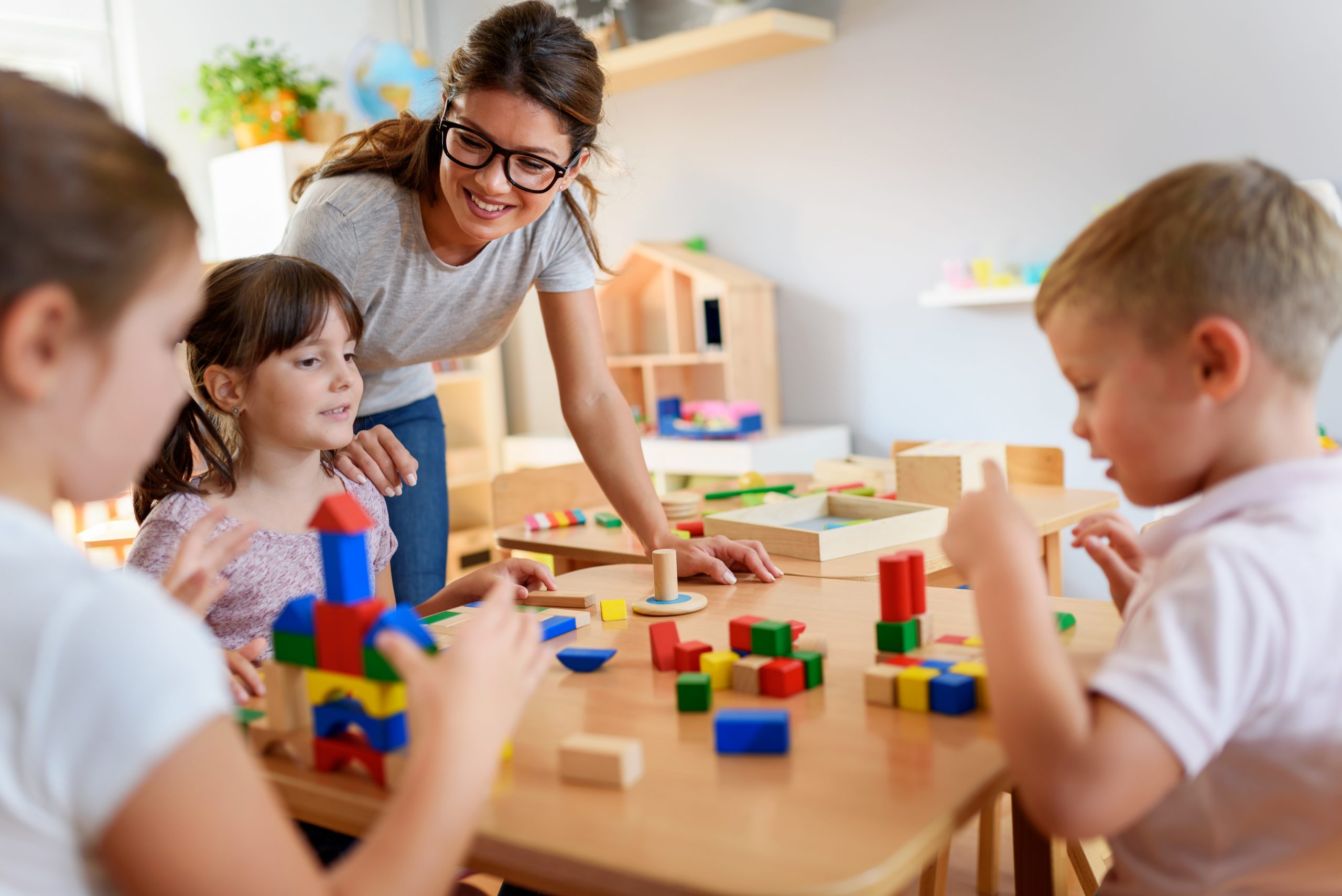
Blog
Exploring the Power of Educational Toys: A Parent’s Perspective

In a world filled with screens and digital distractions, parents are constantly searching for ways to ensure their children receive a well-rounded and enriching education. Educational toys have emerged as a powerful tool in this endeavor, offering a fun and interactive way for children to learn and grow. This article delves into the world of educational toys from a parent’s perspective, uncovering the many benefits they bring to a child’s development.
The Importance of Early Education
Setting the Foundation
In a world filled with screens and digital distractions, parents are constantly searching for ways to ensure their children receive a well-rounded and enriching education. Educational toys have emerged as a powerful tool in this endeavor, offering a fun and interactive way for children to learn and grow. This article delves into the world of educational toys from a parent’s perspective, uncovering the many benefits they bring to a child’s development.
Nurturing Curiosity
Children are naturally curious, and educational toys tap into this curiosity. They encourage kids to ask questions, explore, and experiment. By doing so, these toys spark a lifelong love for learning.

The Advantages of Educational Toys
Hands-On Learning
Educational toys are designed to be interactive. Whether it’s building blocks, science kits, or puzzles, these toys require children to use their hands and minds simultaneously. This hands-on approach enhances their motor skills and cognitive development.
Targeted Learning
Unlike generic toys, educational toys are often designed with specific learning objectives in mind. They cater to various subjects, from mathematics to science, and even language development. This targeted learning ensures that children receive a comprehensive educational experience.

Fostering Creativity and Imagination
The Power of Pretend Play
Educational toys often involve role-playing and imaginative scenarios. Through pretend play, children can explore different roles and situations, fostering their creativity and social skills.
Problem-Solving Skills
Many educational toys present challenges that require problem-solving. Whether it’s assembling a complex puzzle or conducting a science experiment, children learn to analyze problems and find innovative solutions.

Strengthening Parent-Child Bond
Quality Time
Playing with educational toys provides an excellent opportunity for parents to bond with their children. It’s a time for shared experiences, laughter, and learning, strengthening the parent-child relationship.
Guided Learning
Parents can actively participate in their child’s education by engaging with them during playtime. This guidance not only enhances the learning experience but also fosters trust and communication.

Choosing the Right Educational Toys
Age-Appropriate Selection
It’s essential to choose toys that align with a child’s age and developmental stage. This ensures that the toy is both safe and engaging for the child.
Research and Reviews
Before purchasing educational toys, parents should conduct thorough research and read reviews. Learning from the experiences of other parents can help in making informed choices.

Conclusion
Educational toys are more than just playthings; they are tools that empower children with knowledge, creativity, and problem-solving skills. From the early years of development to fostering strong parent-child bonds, these toys have a profound impact on a child’s growth. So, if you’re a parent looking to provide your child with a well-rounded education while having fun, consider incorporating educational toys into your child’s playtime.
FAQs
- Are educational toys only for younger children? No, educational toys are available for children of all ages, from infants to teenagers. They cater to various developmental stages.
- Can educational toys replace traditional schooling? Educational toys are a valuable supplement to traditional schooling but should not replace it entirely. They enhance learning and provide practical knowledge.
- What are some examples of educational toys for older children? Older children can benefit from science kits, robotics, and educational board games that challenge their critical thinking and problem-solving abilities.
- Do educational toys have any disadvantages? While the advantages of educational toys are significant, they should be balanced with other activities like outdoor play and social interaction to ensure a well-rounded development.
- Where can I find quality educational toys for my child? You can find educational toys at toy stores, online marketplaces, and educational supply shops. It’s essential to read reviews and select toys that align with your child’s age and interests.
In conclusion, educational toys are a treasure trove of learning experiences for children. They provide a holistic approach to education by blending fun and knowledge, making them an invaluable addition to any parent’s toolkit in nurturing a child’s development.
